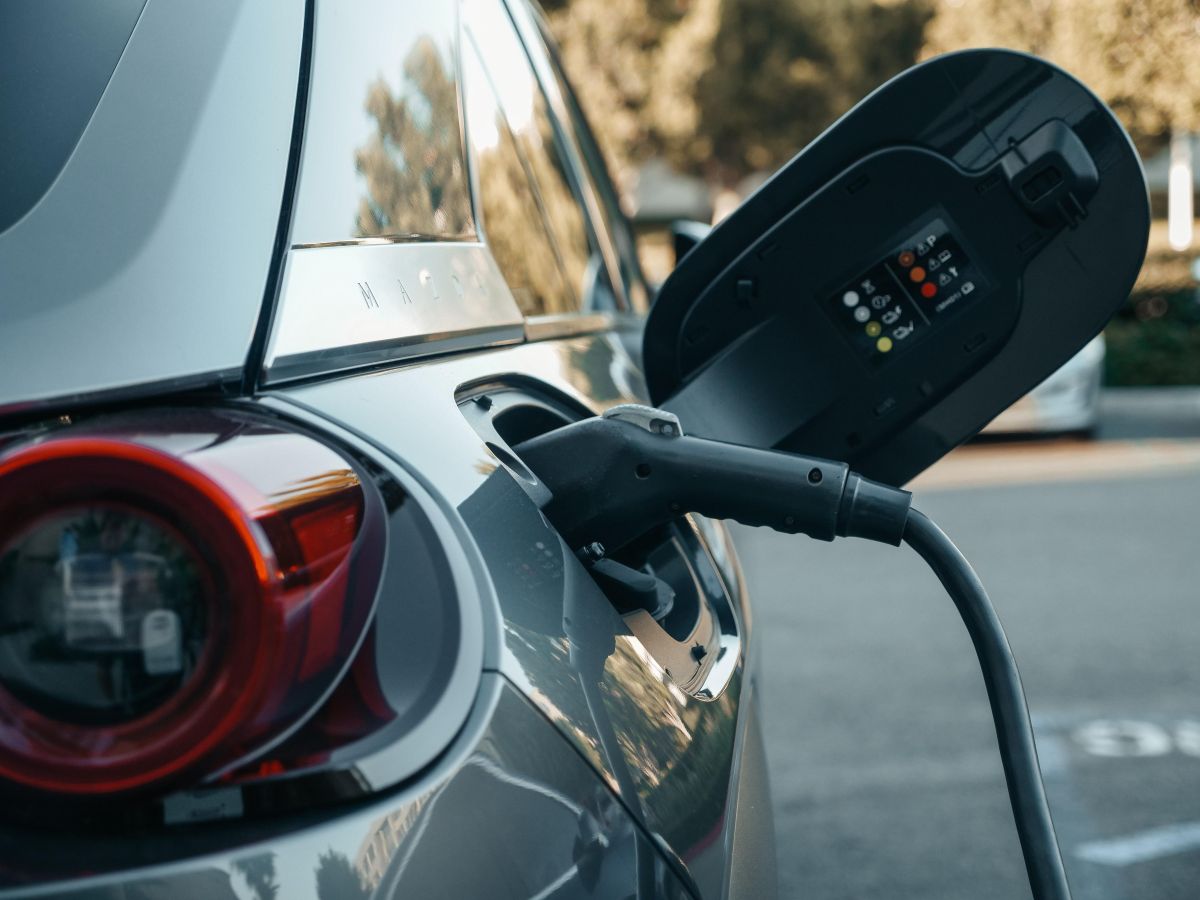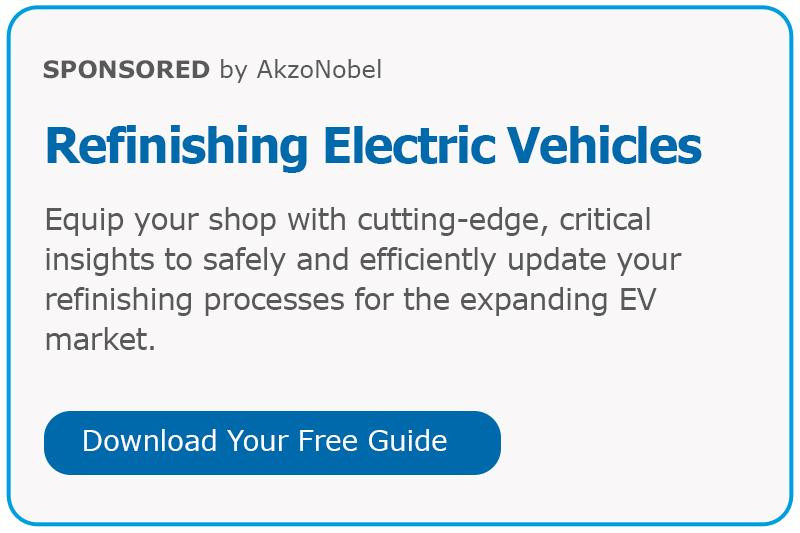A survey by global management consulting firm McKinsey & Co. found 46% of responding U.S. EV drivers are likely to purchase an ICE vehicle next.
The findings from the 2024 McKinsey Mobility Consumer Pulse, which surveyed 30,000 people worldwide who regularly use transportation, showed 29% of all EV owners around the globe are considering switching back. Of the nine countries surveyed, only Great Britain’s EV drivers had a higher percentage -- 49% -- than the U.S. who said they were likely to return to an ICE powertrain.
The top reason for switching back was charging difficulties, cited by 35% of global respondents. Right behind it were high total cost of ownership (34%) and impact on driving pattern on long road trips (32%).
A bit further down the list were lack of ability to charge at home (24%), stress from worrying about charging (21%), a change in the respondent’s mobility requirements (16%) and not enjoying the driving experience (13%.)
Despite that, the survey also found global purchase intent for EVs continues to rise, but more slowly than before. Of current non-EV owners in six countries, including the U.S., 18% said their next vehicle purchase would be a battery electric vehicle, compared to 16% in 2022 and 14% in 2021. Interest in plug-in hybrid EVs (PHEVs) was slightly higher; 20% said their next vehicle would be a PHEV.
The percentage of non-EV owners who said they do not want to switch to an EV -- 21% -- held steady between the most recent survey and the 2022 survey. In 2021, that number was 24%.
The top reasons given for not wanting to switch to an EV were “too expensive” (45%), charging concerns (33%) and range concerns (29%.)
Researchers noted the interest in EVs for respondents who drive luxury vehicles is nearly double that of those who drive entry level cars. The survey also found consumers who are considering buying an EV tend to be younger and more tech-savvy, with more disposable income, and live in an urban area with the ability to charge vehicles at home.
The survey findings come at a time when several automakers are scaling back EV production in response to a slowing demand.










